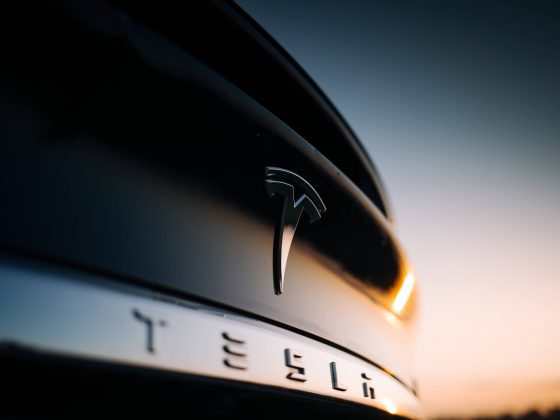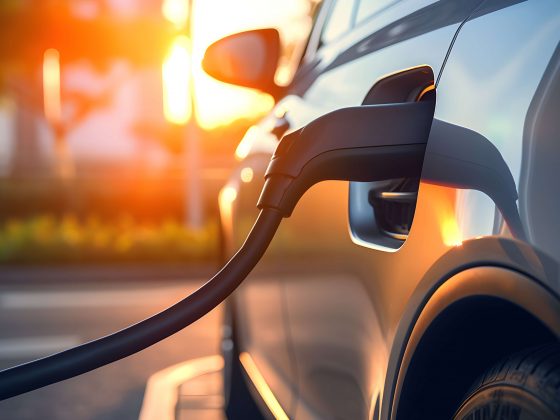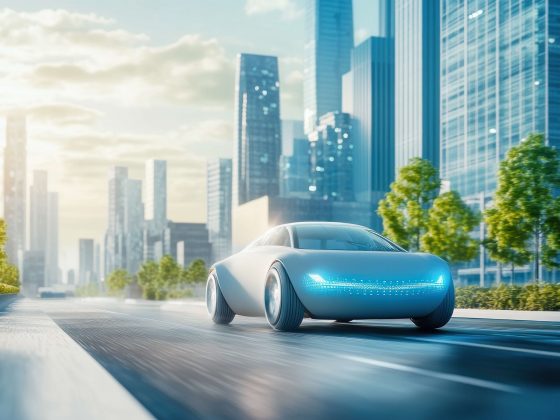The topic of electric vehicles is everywhere today. Conversations around policy, charging infrastructure, range anxiety, automakers’ lineups and the like have drivers thinking America’s gone completely electric. But the reality is that less than two percent of vehicles in the U.S. are battery electric. In fact, adoption is extremely slow especially compared to Europe and Asia. EV Volumes reported electric vehicles accounted for 17% of car sales in Europe last year.
Use eTags© to Quickly Complete Your DMV Service. Renewals, Title Transfers and More, All Online!

Higher sticker price for EVs
Electrifying America is challenging, even with the no-fuel-cost attraction. Battery electric vehicles still have a higher purchase price. Take Tesla for example, as it continues to be the number one EV worldwide, models keep going up in price. The most affordable Tesla is the Model 3, but the rear-wheel drive trim still fetches an MSRP of $46,990 with no upgrades. That price tag doesn’t even include any taxes or license plate fees. Want the self-driving capability? That’s $15,000 more!
The biggest European markets for EVs are Germany, Norway, Iceland and Sweden (IEA’s 2022 Global EV Outlook)
The higher price of an electric car is even more obvious when you juxtapose it to a comparable gas-powered counterpart. A Chevy Bolt electric utility vehicle compared to its non-electric Chevy Trailblazer LT model costs about 25% more. Jaguar Land Rover’s Range Rover Evoque’s pricing starts at about $47,00, while the New Range Rover electric starts at $105,000. And so it goes.
Don’t forget the charging gear
You don’t have to pull up to the gas station watch your hard-earned dollars go as you pump, but you probably have to invest in a high-quality charger for home. Unless you want to wait 24 hours to charge your electric car. EVs mostly come with standard Level 1 chargers that can plug into your home outlet, but it’s nowhere near the charging efficiency you’ll find at charging stations.
SEE ALSO: EV CHARGING BASICS-WHAT TO KNOW BEFORE BUYING AN ELECTRIC VEHICLE
An EV battery converts more than 77% of energy into vehicle movement; with gas-only vehicles, conversion ranges between 12%-30% (Fueleconomy.gov)
For instance, with a Ford Mustang Mach-E, you can charge 3 miles of range per hour with a home outlet that’s 120-volt. A Level 2 charger, typical 38 amp and 240-volt, you can charge 20 miles of range per hour. A Level 3 DC charger can change a Nissan Leaf from empty to 80% in 40 minutes. But these more efficient chargers costs thousands.
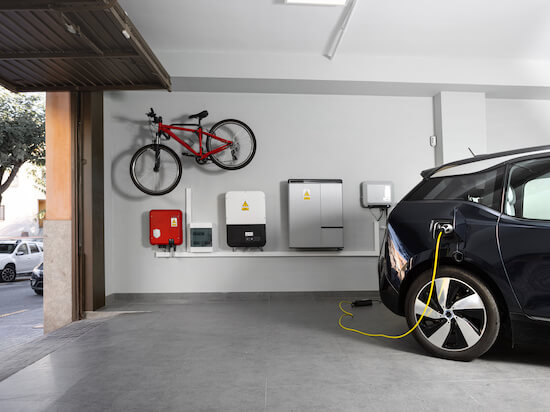
For instance, with a Ford Mustang Mach-E, you can charge 3 miles of range per hour with a home outlet that’s 120-volt. A Level 2 charger, typical 38 amp and 240-volt, you can charge 20 miles of range per hour. A Level 3 DC charger can change a Nissan Leaf from empty to 80% in 40 minutes. But these more efficient chargers costs thousands.
Watch your electric bill go up
Of course, then there’s the actual electricity you use at home which will raise your monthly electric bill too. Last year’s Tesla’s EV Model Y comes with a 75-kWh battery pack. Charging it from empty to full costs about $10. If you charge during peak hours, that is from 1:30pm to 8:30pm, your electric charge cost will double.
If you visit a charging station while you’re out, you can pay between 31-43 cents per kWh in FL or CA
Electric auto insurance
Since you can’t register your electric vehicle without a car insurance policy, the coverage cost is a non-negotiable. If you want to drive our EV of course. EV insurance is typically more expensive than auto insurance on a gas-powered car. Why? Because it costs more to repair EVs or even replace them should you get into an accident. A battery pack can cost upwards of $12,000 to replace!

Value Penguin compared three types of electric cars and their gas equivalents; they found that car insurance for an EV is about 25% more expensive than the cost for the same car with a gas engine. Specifically, a Kia Soul costs 23% more to insure when it’s an EV version. A Fiat 500? 32% more to insure when it’s electric. State Farm seems to be the cheapest insurance for electric vehicles with a cost of $1,434/year for six popular EVs. For these same EV models, Geico charges $2,858, while AllState charges $4,567.
Higher car registration fees
Surprised to hear your yearly registration will cost more when you drive an electric car? Federal and state governments rely on fuel tax to help pay for road repairs and other infrastructure projects. But since EVs don’t contribute to this type of funding, there’s a loss of contributions.
To counteract that, some states are adding additional vehicle registration fees for EVs to help make up for lost revenue. For instance, Indiana and Mississippi charges an extra $150 fee for EVs on top of the standard license plate fee. For hybrid owners in Indiana, it’s an additional $50. North Carolina adds an extra $130 on registration, while Oregon adds another $110 on plug-in hybrids.
Georgia charges an extra $200 license fee per year for EVs, but not PHEVs
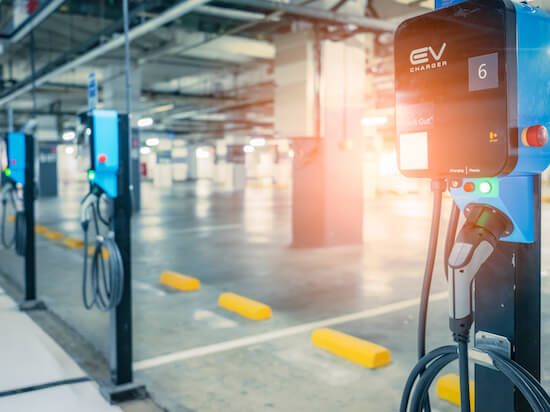
If you decide to join the many EV drivers in the U.S., don’t forget eTags titling and registration company processes paperwork and license plates online!




